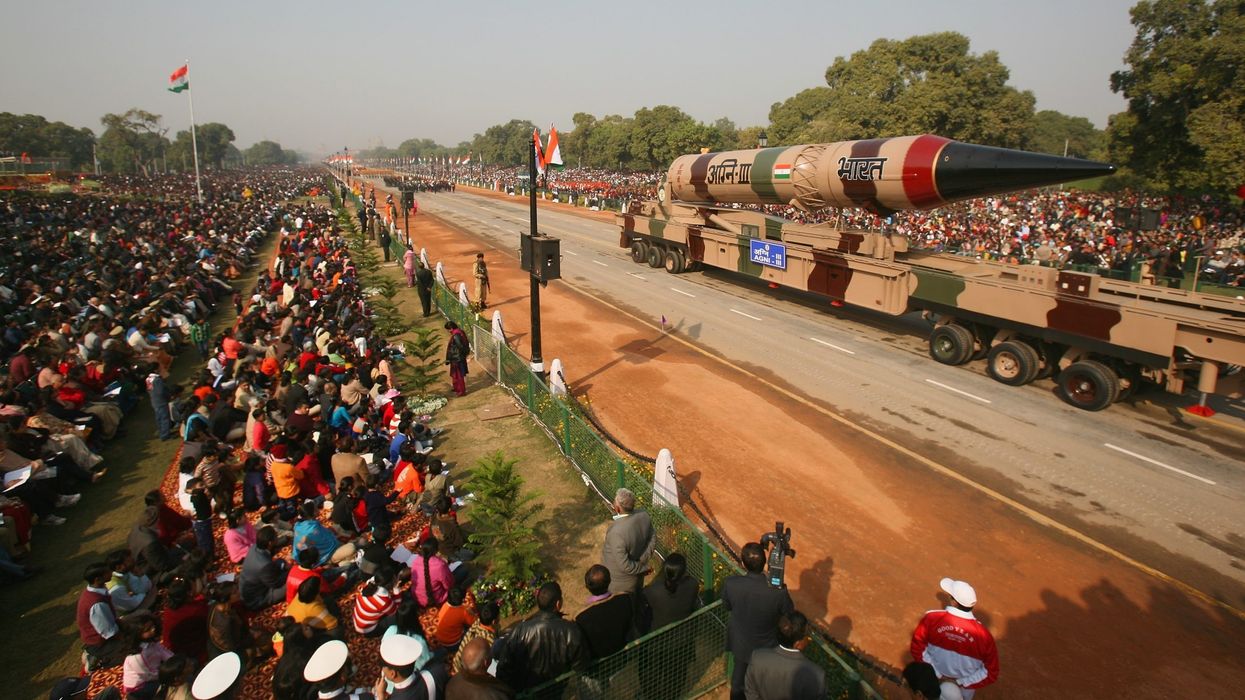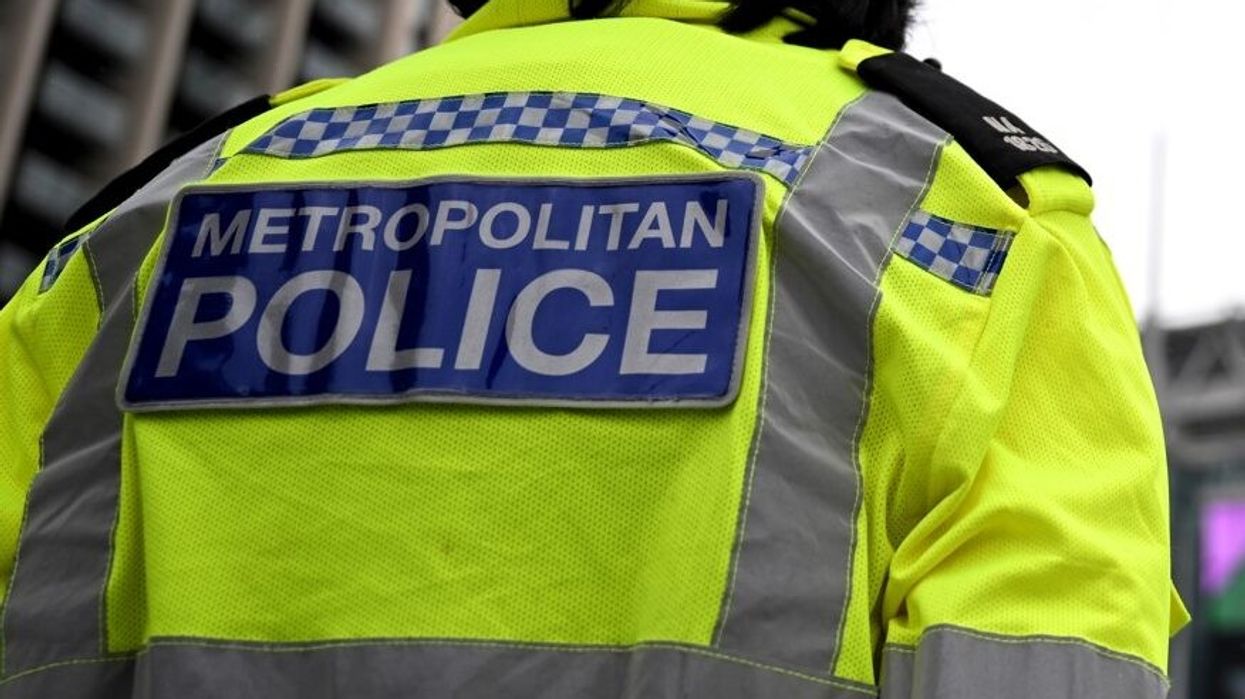The world’s nuclear powers, including India and China, increased investment in their arsenals for a third consecutive year in 2022 amid swelling geopolitical tensions, two re - ports showed on Monday (12).
The world’s nine nuclear-armed states jointly spent $82.9 billion (£65.7bn) on their arsenals last year, with the United States accounting for more than half of that, according to a new report from the International Campaign to Abolish Nuclear Weapons (ICAN).
ICAN, which was awarded the 2017 Nobel Peace Prize, found that spending on nuclear weapons had risen three per cent from 2021, marking the third consecutive annual increase. India showed the most drastic spending jump, dishing out $2.7 billion – 21.8 per cent more than a year earlier – while Britain raised its spending level by 11 per cent to $6.8 billion.
Washington spent $43.7 billion, which was slightly less than a year earlier but was still far ahead of all other countries, the report showed.
China was next in line with $11.7 billion spent, followed by Russia at $9.6 billion - both marking an increase of around six per cent from 2021.
The $82.9 bn spent amount - ed to $157,664 for every minute of 2022, ICAN said in its report entitled Wasted: 2022 Global Nuclear Weapons Spending .
China increased its stockpile from 350 to 410 warheads, while India, Pakistan and North Korea also upped their stockpiles. Russia’s grew to a smaller extent, from 4,477 to 4,489, while the remaining nuclear powers maintained the size of their arsenals.
Russia and the United States together have almost 90 per cent of all nuclear weapons.
The Stockholm International Peace Research Institute (SI - PRI), meanwhile, released a re - port showing that the total number of nuclear warheads held by Britain, China, France, India, Israel, North Korea, Paki - stan, Russia and the United States was down to 12,512 at the outset of this year, from 12,710 at the start of 2022.
While some of that included older warheads scheduled to be dismantled, SIPRI said 9,576 were in “military stockpiles for potential use” - 86 more than a year earlier.
“We are approaching, or maybe have already reached, the end of a long period of the number of nuclear weapons worldwide declining,” SIPRI di - rector Dan Smith said.
Pointing to the stockpile of usable nuclear warheads, Smith said “those numbers are begin - ning to tick up”, while adding that they remain far below the more than 70,000 seen during the 1980s. “The big picture is we have had more that 30 years of the number of nuclear warheads coming down, and we see that process coming to an end now,” Smith said.
The ICAN report also high - lighted how arms companies involved in the production of nuclear weapons received new contracts worth just under $16 billion last year, and in turn spent $113 million lobbying governments in the United States and France alone.
Globally, nuclear-armed countries have contracts with companies to produce nuclear weapons worth at least $278.6 billion, continuing in some cases through to 2040, it said.
Researchers at SIPRI also noted that diplomatic efforts on nuclear arms control and disarmament had suffered setbacks following Russia’s invasion of Ukraine in February last year. Russia has for instance sus - pended participation in New START, a Cold War-era treaty that limits warheads and allows verification by both sides. At the same time, Smith said the in - crease in stockpiles could not be explained by the war in Ukraine, as it takes a longer time to develop new warheads and the bulk of the increase was among countries not directly affected.
China has also invested heavily in all parts of its military as its economy and influence have grown. “What we’re seeing is China stepping up as a world power,” Smith said. (AFP)












